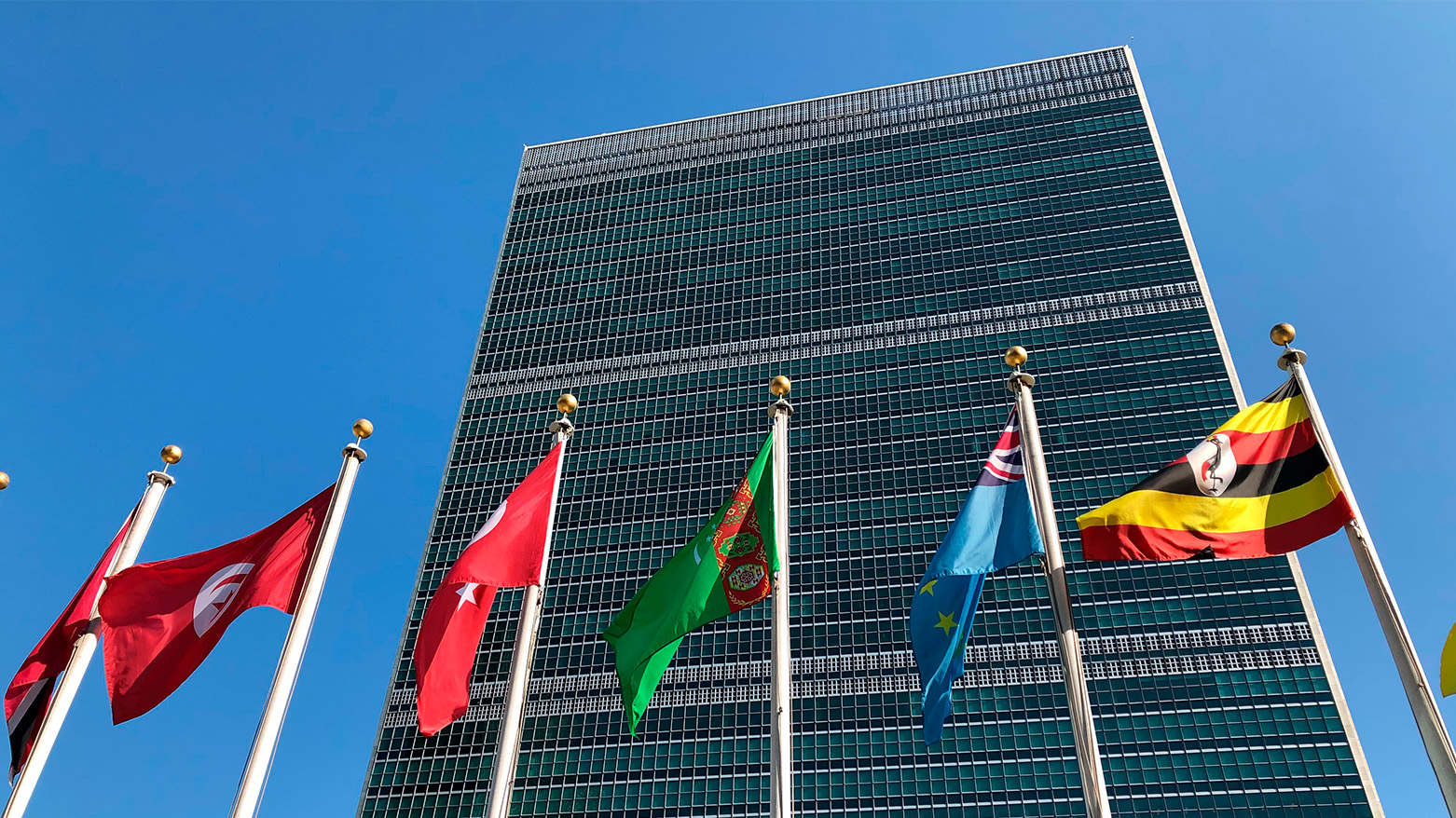U.S. Halts One of Its Financial Aid Programs to Iraq
As a result of stop-work orders, a vital U.S.-funded program in Iraq was shut down, cutting off essential support for torture victims and the families of disappeared persons.

ERBIL (Kurdistan24) - As part of US President Donald Trump's reforms to reduce government expenses and foreign aid, the United States has moved to cut funding for critical humanitarian projects in Iraq.
This decision will terminate U.S. support for programs aiding torture victims and the families of missing persons, further deepening the humanitarian crisis in the country.
The United Nations Human Rights Office (OHCHR) confirmed receiving an official notification from Washington to suspend financial support for projects in Iraq, Equatorial Guinea, Ukraine, and Colombia, which were previously funded by the U.S. Agency for International Development (USAID) and the U.S. Department of State.
The Office of the United Nations High Commissioner for Human Rights (OHCHR) has confirmed that U.S. funding cuts are already having a significant impact on human rights programs worldwide, with Iraq among the most affected countries. The cuts follow a broader shift in U.S. foreign aid policy, spearheaded by Secretary of State Marco Rubio and the controversial intervention of Elon Musk, who has advocated for the abolition of the U.S. Agency for International Development (USAID).
OHCHR spokesperson Ravina Shamdasani revealed that the organization had received stop-work orders for ongoing agreements with USAID and the U.S. Department of State in seven countries, including Iraq.
As a result, a vital U.S.-funded program in Iraq was shut down, cutting off essential support for torture victims and the families of disappeared persons. The abrupt cessation of funding has sparked concerns among human rights advocates, who warn that the move could worsen Iraq’s post-conflict recovery efforts and weaken protections for vulnerable communities.
The funding freeze comes amid broader uncertainty about the future of USAID, which has historically played a critical role in Iraq’s reconstruction.
The situation has been further complicated by political infighting in Washington. While Secretary Rubio has assumed control of USAID and announced a review of its activities, Musk has taken to social media to declare that the agency is “beyond repair” and should be shut down entirely. Despite the lack of clear legal authority for Musk’s statements, his comments have fueled uncertainty and raised questions about the future of U.S. foreign aid.
OHCHR’s High Commissioner, Volker Türk, has urged all nations to increase their support for human rights programs, warning that the loss of U.S. funding could undermine global stability.
"Now is the time for more investment in human rights, not less," Shamdasani stated, emphasizing that withdrawing support at this juncture could have far-reaching consequences.
The United States had been OHCHR’s largest donor in 2024, contributing approximately $36 million—13.5 percent of the organization’s extra-budgetary resources. However, in response to the funding crisis, OHCHR has begun a contingency planning phase, reviewing its 2025 budget and implementing cost-reduction measures to sustain its core mission.
Parallel to these efforts, Türk has launched an appeal for alternative funding sources, calling on states, foundations, and private philanthropists to step in and compensate for the financial shortfall.
Without urgent intervention, human rights programs in Iraq and other affected countries face an uncertain future, raising urgent concerns about the sustainability of international humanitarian and development efforts in the region.
The impact of these funding cuts is already being felt on the ground, with organizations in Iraq scrambling to find alternative sources of support. As the U.S. reviews its foreign aid policies, the fate of crucial humanitarian and development programs in Iraq remains in limbo, leaving thousands at risk and jeopardizing years of progress in stabilizing the country after the devastation caused by ISIS.